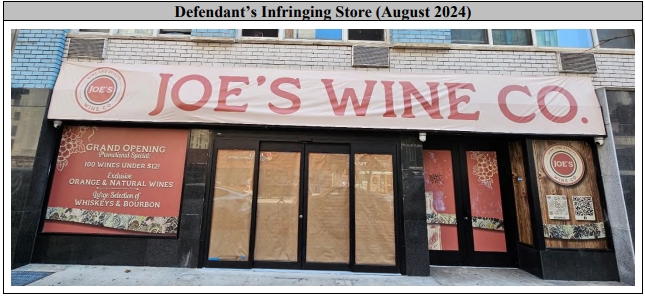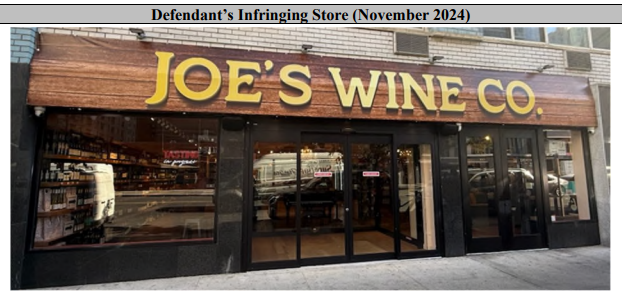

SHEIN and TEMU are Chinese online retail platforms known for selling a wide range of consumer goods like clothing, accessories, and home products at low prices.
The de minimis tariff exception refers to a rule that allows small-value imports to enter a country without being subject to customs duties and taxes. In the United States, for example, the de minimis value threshold is currently set at $800. This means that most goods imported into the U.S. with a value of $800 or less per shipment are exempt from duties and taxes.
The exemption with regard to China was suspended on Feb. 5., and then reinstated on Feb. 7. It is unclear what the status of the exemption is at this time.
This tariff exemption rule is designed to streamline customs procedures and reduce costs for both governments and businesses or consumers, as it simplifies the process for small, low-value shipments.
U.S. Customs (“CBP”) stated in October of last year that 92% of all cargo entering the U.S. were in de minimis shipments. JFK Airport receives up to 1 million de minimis shipments a day.
Meta reported in 2024 that Chinese advertisers accounted for 10% of its revenue. Temu reportedly spends the most ads on Facebook while Shein spends a significant amount as well.
Temu was one of the largest spenders during the 2024 Super Bowl.
On Feb. 5, CBP issued an order suspending the de minimis exception on goods from China.
On Feb. 7, the president paused the suspension.
Congress and the Biden Administration had previously contemplated suspending the tariff exemption.
Kash Patel, nominee to head the FBI, received $1 Million and $5 Million in restricted stock from the parent company of Shein, for consulting services. Shein intends to go public on the London Stock Exchange.
Discussion of issues relating to the de minimis exception here.
Previous efforts to oppose Shein discussed here.




